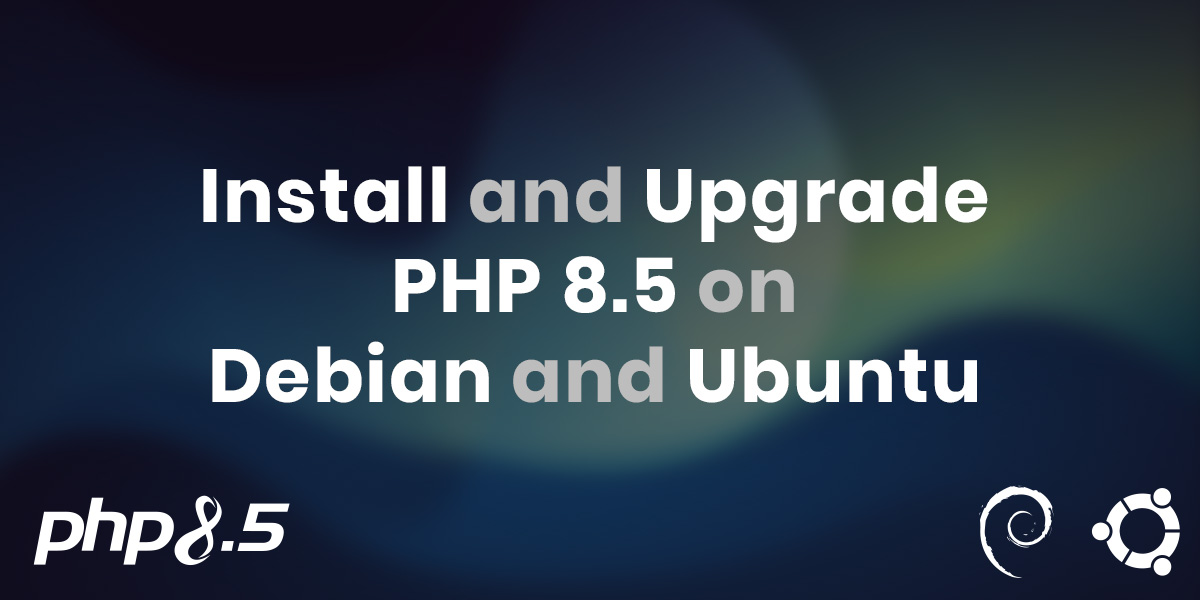PHP 7.3 is now security-fixes only
PHP 7.3, that was first release released on 2018 December 06, is no longer receiving active support from official PHP development team with the release of PHP 8.0.
PHP development team maintains active support for the two latest PHP versions, and the version only receives security support in case a security vulnerability is discovered.
With the release PHP 8.0, PHP 7.3 enters security-fixes-only state.
Thanks to PHP 7.3 Release Managers 🙏🏼
Christoph M. Becker (cmb) and Stanislav Malyshev (stas) are the release managers for PHP 7.3 branch. A huge thanks to their immense efforts. Both of them continue to actively contribute to PHP project.
PHP 7.3.26 Final Bug-Fix Release
Current latest PHP 7.3 version is 7.3.25. A final release PHP 7.3.26 will be released on 2021 January 07.
From this point, bug fixes will not be back-ported PHP 7.3.
PHP 7.3 Security Support
PHP development team provides security fix releases in case they are discovered for one year. Official PHP team support for PHP 7.3 ends on 2021 December 06.
PHP 7.3 will no longer receive security fixes from the official PHP development team after 2021 December 06.
From external vendors
Debian and Ubuntu both provide PHP as official sources, that might continue to bring security fixes even after the official EOL date.
- Debian 10 (Buster) currently provides PHP 7.3, and its support from Debian will end on 2022 Jan 01. This loosely resembles the official PHP support date.
- Ubuntu 18.04 (Bionic) currently provides PHP 7.2, and its support will end on 2028 April.
- Ubuntu 20.04 (Focal) currently provides PHP 7.4, and its end-of-life date is yet to be announced.
Widely used software repositories maintained by Ondřej Surý (for Debian and Ubuntu) and Remi Collet (for Fedora, RHEL, and CentOS while it may last) will align with the official PHP releases, which means they will end their PHP 7.3 security fix support on same dates as official PHP releases.
PHP 7.3 Usage Statistics
PHP 7.3 is still widely used.
- 27.1% of all PHP versions, according to Packagist PHP statistics from 2020 November.
- 28.9% of all PHP versions, according to WordPress PHP statistics.
- 13.3% of all PHP web sites that expose their PHP version, according to W3 stats.
PHP 7.3 is however on a steady decline, as many projects target PHP 7.4 and 8.0 during their migrations.


